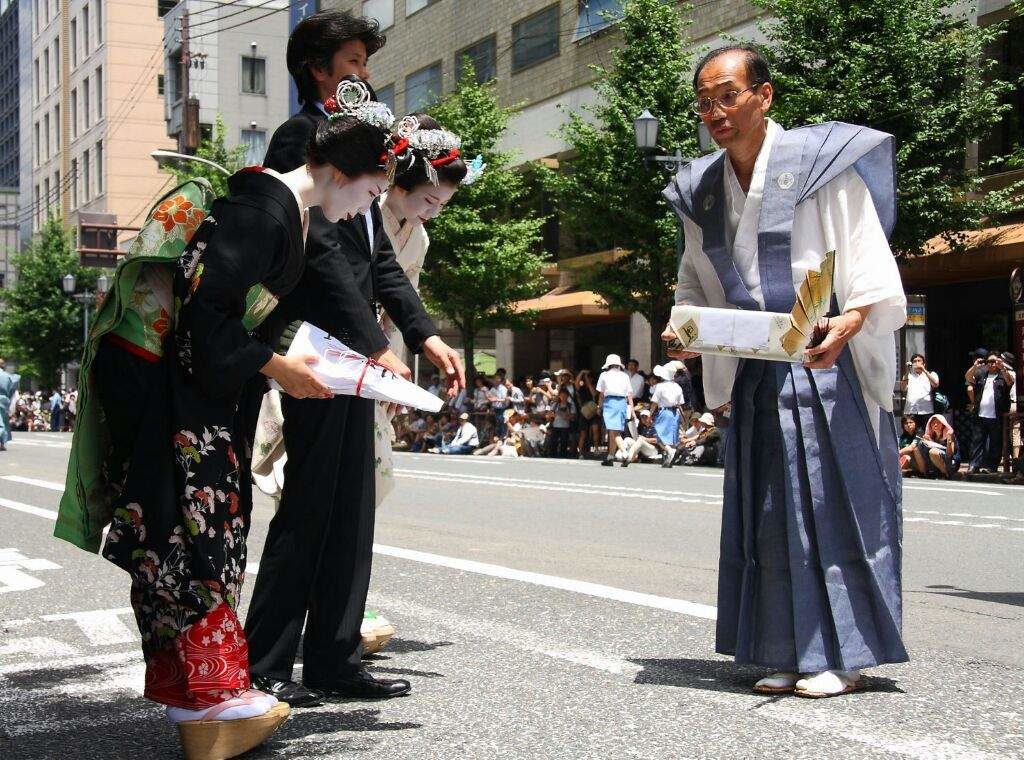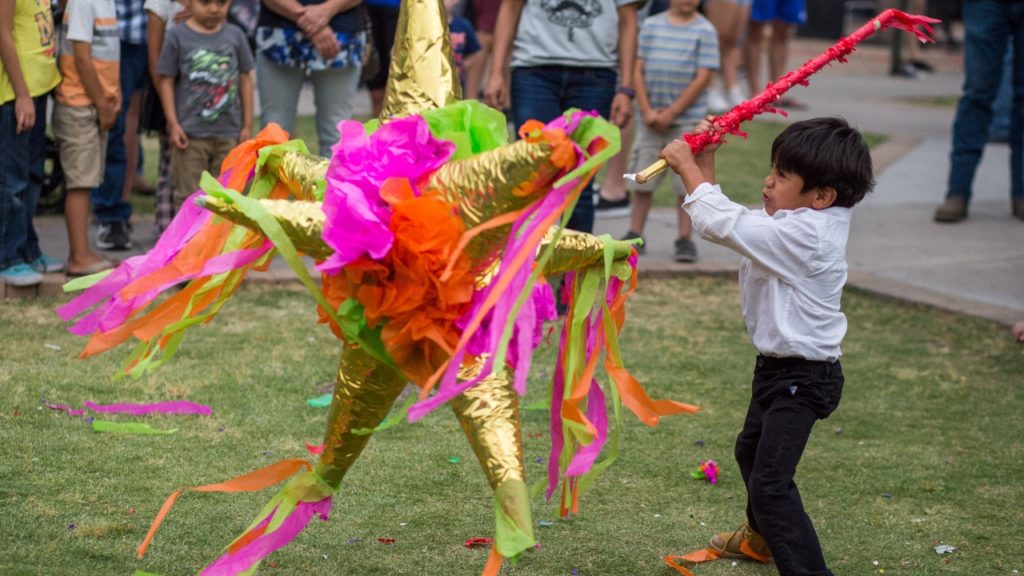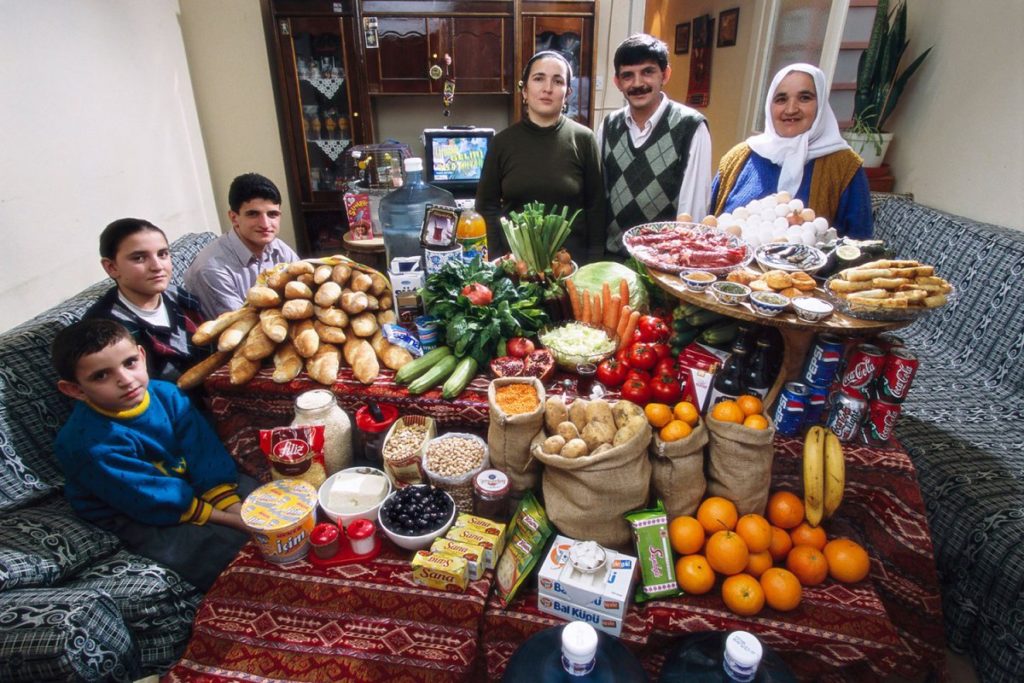Fascinating Gift-Giving Traditions Around the World
Gift-giving is one of humanity’s most universal customs — yet every culture has its own way of showing appreciation. In Israel, thank-you cards aren’t customary. In Sweden, birthdays often start with breakfast in bed. Japan has an entire social system built around exchanging gifts, and in China, red wrapping paper is a symbol of good fortune.
Across the world, the kind of gift you choose depends on many things — age, gender, interests, and personality. A glittery notebook might delight a young girl, a telescopic fishing rod could please an angler, while a scratch-off world map would thrill any traveler.
But what happens when cultural customs take gift-giving in unexpected directions? From symbolic flowers to surprising taboos, here are some of the most fascinating and unusual gift-giving traditions around the globe.

United States
In the U.S., it’s perfectly normal — even appreciated — to include a gift receipt with your present. Many Americans exchange or return gifts after the holidays, so stores often stay busy well into January. The focus is less on the specific item and more on the act of giving, so a receipt simply ensures the recipient gets something they truly want.
China
In China, gift-giving is deeply tied to respect, harmony, and social relationships. A well-chosen gift can strengthen friendships, business partnerships, and family bonds. The thought behind the present matters more than its cost — regional specialties or unique items from abroad are particularly valued.
However, etiquette is everything. For example, never give someone a green hat — it’s a symbol of infidelity. Clocks are also off-limits, as the Chinese word for “clock” sounds like the word for “death.” Gifts should always be given with purpose, not at random, and never exchanged in secret.
If someone asks what you’d like as a gift, acceptable answers might include fine tea, calligraphy, or art — but never cash. And when wrapping a present, red is the luckiest color you can choose.

India
In India, cultural and religious traditions strongly influence how gifts are exchanged. Always give and receive gifts with your right hand, as the left hand is considered impure. Meat is rarely appropriate, especially beef, since cows are sacred in Hindu culture. Alcohol should also be avoided unless you’re certain it’s acceptable to the recipient.
That said, Indian hospitality ensures that any gift — regardless of its value — will be received with genuine warmth and gratitude. The spirit behind the gesture always matters more than the object itself.

Japan
Gift-giving in Japan is both an art and a ritual. The way a gift is presented is just as important as the gift itself. Always offer and receive gifts with both hands to show respect, and it’s customary to politely refuse a gift once or twice before accepting it — a sign of modesty and good manners.
In Japanese business culture, bringing small gifts after a trip or holiday is expected. These are called omiyage, and they show thoughtfulness and respect toward colleagues. Expensive gifts are common, but they should be given privately rather than in public, to avoid embarrassment.
Even numbers matter: avoid giving gifts in sets of four or nine, as both are associated with bad luck.

South America
In many South American countries, sharp objects like knives or scissors are believed to “cut” relationships, so they’re best avoided as gifts.
In Argentina, children leave their shoes by the bed on January 5th, the eve of Epiphany, hoping to find small presents in them the next morning. Meanwhile, in Brazil, coastal communities celebrate the sea goddess Yemanjá by sending gifts — flowers, fruits, and jewelry — floating out into the ocean.

Zimbabwe
Gift-giving in Zimbabwe is refreshingly straightforward: people often say exactly what they’d like to receive! Expressions of gratitude tend to be physical rather than verbal — a joyful dance, clapping, or even jumping up and down may accompany a heartfelt thank-you.

Italy
When it comes to gifts, Italians favor meaning over money. Bringing a small present — like wine, chocolates, or homemade pastries — is expected when visiting someone’s home. Handcrafted or homemade gifts are particularly appreciated because they show personal effort and affection.
However, avoid giving flowers as a gift — they’re traditionally associated with funerals and bad luck. And while Italians are known for their love of wine, never mention a gift’s price; it’s considered poor taste.

Mexico
In Mexico, bringing a small gift when visiting someone’s home is a thoughtful gesture. White flowers are especially appreciated, as they’re believed to bring happiness and peace. A bottle of wine or a box of sweets also makes a great choice.
One of Mexico’s most joyful gift traditions is the piñata, a colorful papier-mâché figure filled with toys and candy. During birthday celebrations, the guest of honor — often blindfolded — takes turns swinging a stick to break it open while friends cheer.

Saudi Arabia
In Saudi Arabia, gifts are reserved for close friends and family, and quality matters more than quantity. Presents should be of excellent craftsmanship and given with genuine respect. Silver items make good gifts, but avoid gold or silk, which are not appropriate in this cultural context.
Always offer and receive gifts with your right hand, and open them immediately to show appreciation. Thoughtfulness and etiquette are key in every exchange.

Turkey
If you’re invited to someone’s home in Turkey, the best “gift” you can bring is your appreciation — and perhaps a small token such as fresh goat’s milk. Turkish hospitality is legendary, and meals are meant to be enjoyed fully. It’s considered impolite to leave food on your plate, so come hungry and be ready to enjoy every bite!
The Language of Giving
Gift-giving is more than a social custom — it’s a universal language of kindness, gratitude, and connection. Whether it’s a symbolic gesture, a handcrafted treat, or a cultural ritual, every tradition reveals something about how people express care across the world.
In the end, the best gifts aren’t measured by their price, but by the thought, respect, and love behind them.








